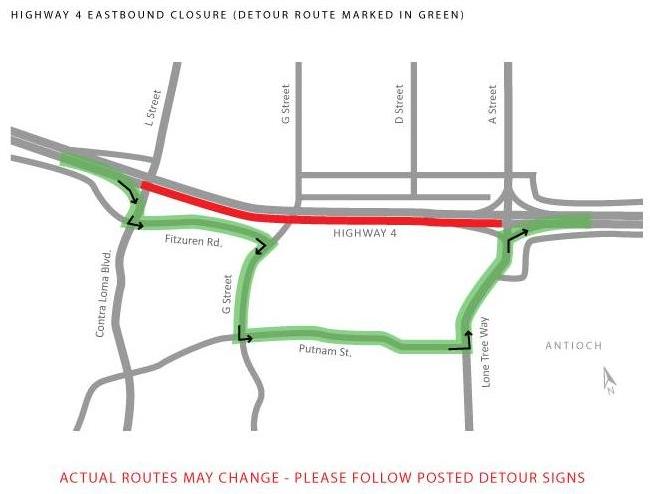By John Crowder
At their Tuesday, August 12 meeting, the Antioch city council decided not to fill the vacancy created by the death of Councilman Gary Agopian and tabled the idea of setting a minimum wage in the city.
As reported earlier, under state law the council had the option of calling a special election or appointing someone to the vacant seat. However, as city attorney Lynn Nerland pointed out, a special election could not be held until November 19, and the seat is already set to be filled at the general election on November 4. This meant that the only option effectively under consideration was whether or not to appoint someone to the seat, and, if that decision was taken, what process to follow.
Willie Mims, of the East County NAACP, was the only member of the public to speak on the item. He wondered why the city did not yet have a policy in place to fill such vacancies, and told the council that it would be prudent to fill the position, suggesting they find someone with views that were similar to those held by Agopian.
With respect to the need for a policy, Mayor Wade Harper questioned Nerland who confirmed that many cities purposely do not set up a specific procedure to follow in order to allow for flexibility based on the circumstances. Harper also asked how long the process would take to conduct interviews and make an appointment, to which city manager Steve Duran responded that it would typically take 45 to 60 days, leaving only two council meetings before the general election.
Council Member Tony Tiscareno stated that, while he tended to agree with Mims that an application process is more fair than an out-and-out appointment, with ten candidates vying for the two open council seats, it would be better to wait for the election to fill the vacancy.
All members of the council concurred that it would be better to allow the November 4 election to fill the seat, and, on a motion to that effect put forward by Mayor Pro Tem Mary Rocha, they voted 4-0 in favor.
The idea to have a minimum wage law specific to Antioch was also on the agenda. Four members of the public spoke on the issue, two in favor, and two opposed.
In favor were realtor Mark Jordan and Mims, who is a Pittsburg resident. Jordan said that he had raised the issue at a council meeting late last year, and that a higher minimum wage was a “progressive issue,” and about fairness. Mims said that it was important to give folks a livable wage.
Opposed to the measure were Realtor Lori Ogorchock, a candidate for city council, and Dr. Sean Wright, CEO of the Antioch Chamber of Commerce. Both expressed concern that, with the crime rate in the city already negatively impacting businesses choosing to locate here, adding the higher costs of a separate minimum wage would only make the city even less competitive.
Duran echoed those sentiments, also pointing out that staff wages would rise if Antioch increased the minimum wage. “There’s not a lot of upside in that,” he said, referring to the proposed idea.
While council member Tiscareno seemed sympathetic to the idea, he wanted more information. Council Member Monica Wilson expressed concern that raising the minimum wage might negatively impact the ability of the city to bring an end to the Friday furloughs.
Mayor Harper summarized the sense of the council when he said that he would not advocate pursuing a minimum wage for Antioch at this time, and that the council should just move on.
In other news, members of the public were on hand to express their continued dismay over crime in the city, and a handful of people expressed concern that the Nick Rodriguez Community Center might be demolished. Notable among the speakers was Karen Rodriguez-King, daughter of Nick Rodriguez, who opposed the demolition of the center.
In discussing the process undertaken by the city on the Rivertown RFP, the council ultimately decided that, in order to receive more feedback from the public, the bidding process should be extended to October 31. The motion to extend the bidding passed on a 4-0 vote. An extra focus group was also added in order to ensure all interested parties have a chance for input into the plan.
The next regularly scheduled meeting of the city council is set for Tuesday, August 26.























